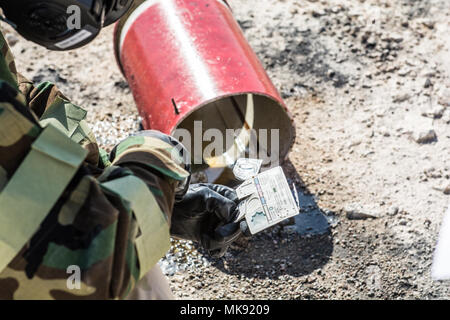

The offer was only valid for three years and so expired in 2000.

This $250,000 prize was to be awarded for the first to carry a two kilogram payload to an altitude of 200 kilometres. In 1997 a similar prize was offered for amateur rocketeers, called the Cheap Access To Space, or CATS Prize. Some observers have tipped the company to take the X-prize within weeks. The favourites, US company Scaled Composites, set a new record on 13 May by carrying a pilot to 65 km above the Earth. However, the achievement is likely to be rapidly overshadowed as other teams race to win the X-Prize, a $10 million prize awarded to the first civilian flight to carry a crew into space twice in two weeks. And the 100 km record has “been on the cards for the past 10 years”, he says. More recently these obstacles have become less of a problem, says Bonsor, with several teams reaching 50 km altitudes. Secondly, there can be a lot of red tape in getting permission to attempt a launch. The key reasons it has taken so long to reach space is physics and politics, he says.įirst, rocketeers have to find a way to carry enough fuel to propel the rocket into space without the weight of fuel becoming prohibitive. rocket, improvised, rockets, propellant, materials, motor, guerrilla, payloads, ignition, fabrication, improvised rocket, rocket motor, specific impulse, multiple round, common materials. The history of amateur rocketry stretches back to the 1930’s, says Bonsor. “It’s certainly a major achievement,” says John Bonsor, one of the UKRA’s founders. The UK Rocketry Association conveyed its congratulations to the US team. The whole trip took less than fifteen minutes. On reaching its altitude it then lingered for a few minutes before beginning its descent. The rocket accelerated rapidly, reaching nearly 6500 kilometres per hour in just 9 seconds. As it roared off its launch pad, team members, enthusiasts and US Federal Aviation Administration officials watched cheering it on. This time round the launch went like clockwork, says CSXT project leader Eric Knight.


 0 kommentar(er)
0 kommentar(er)
